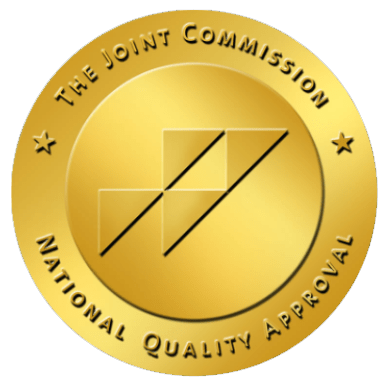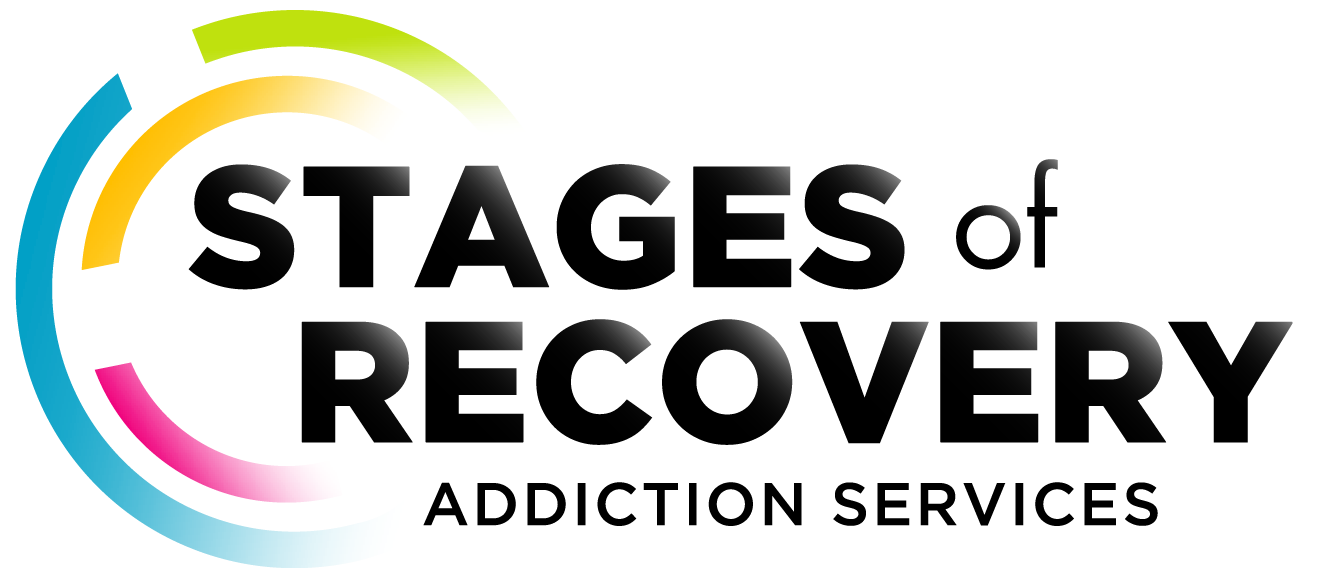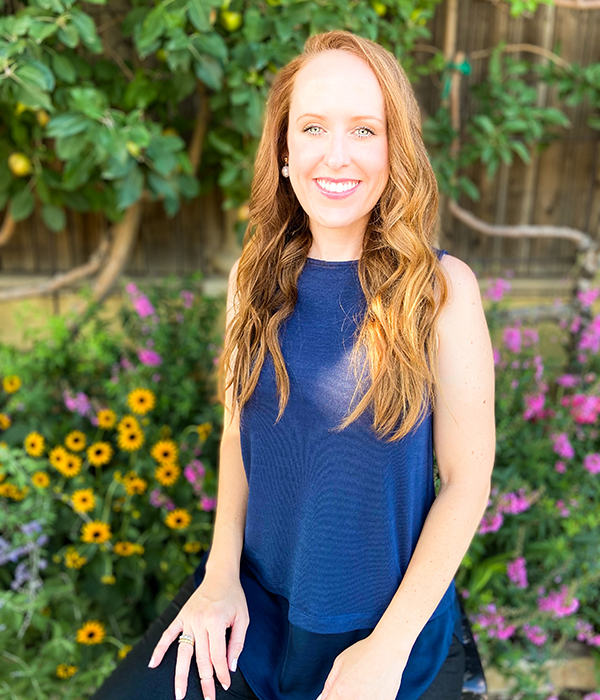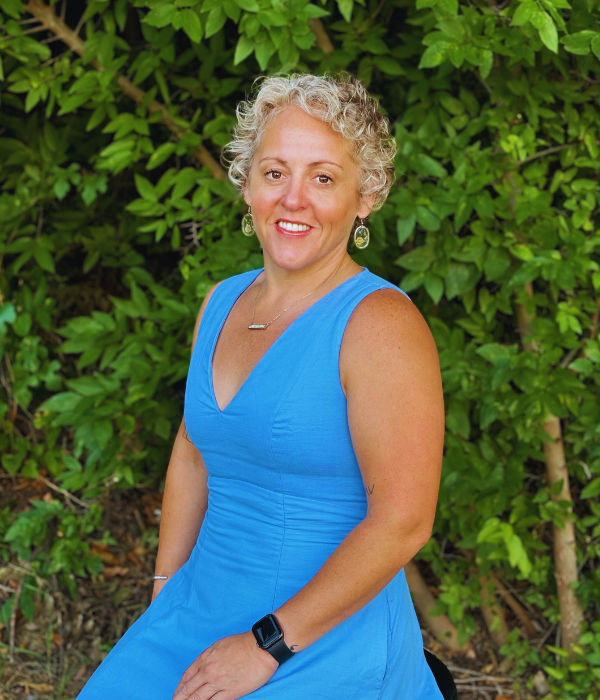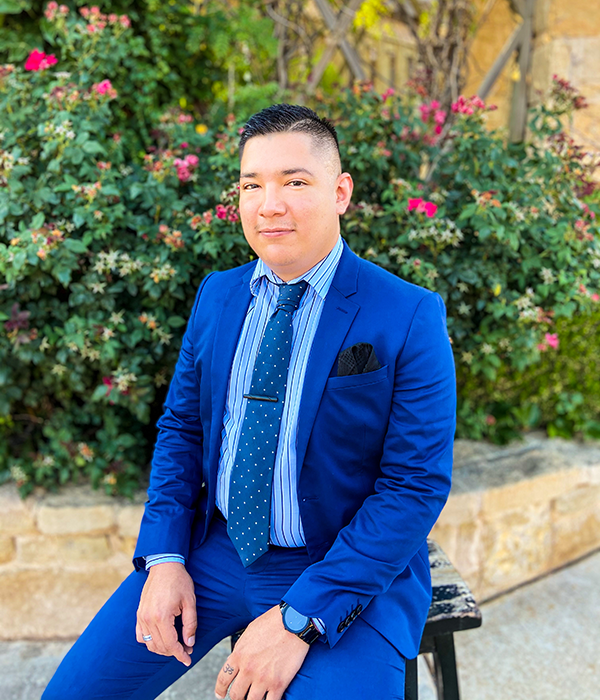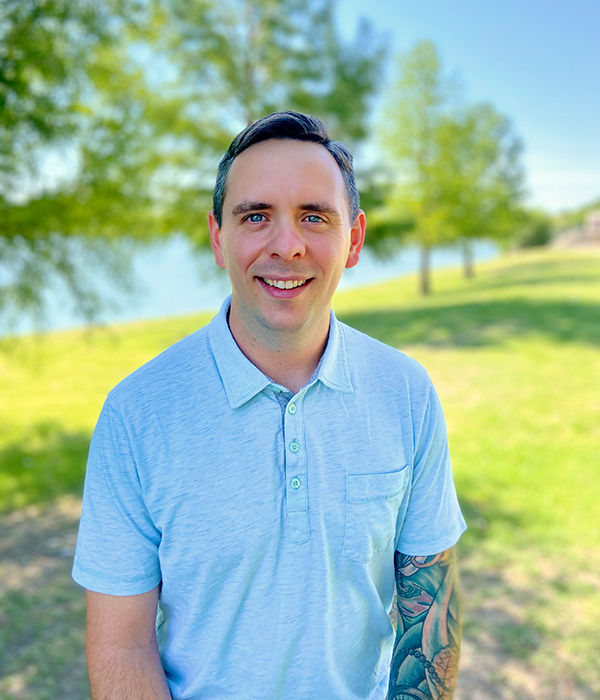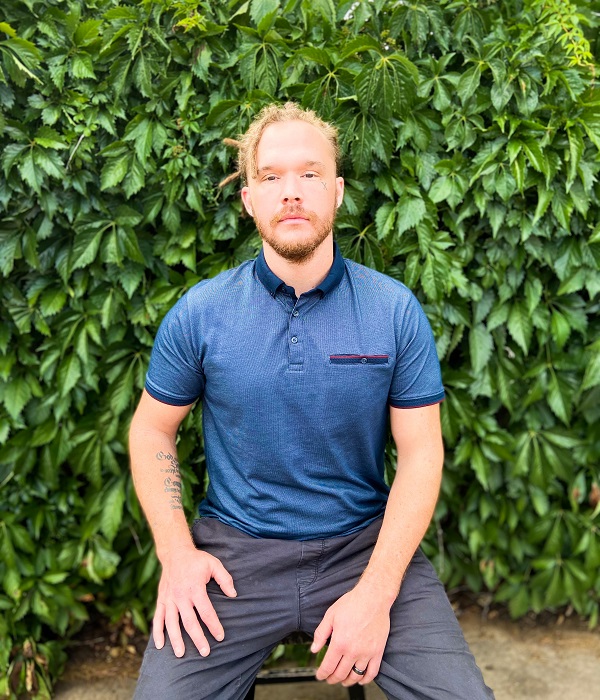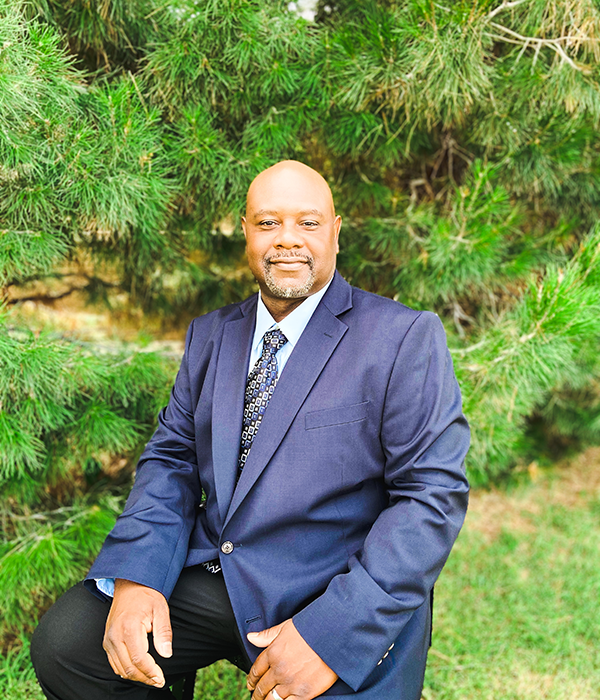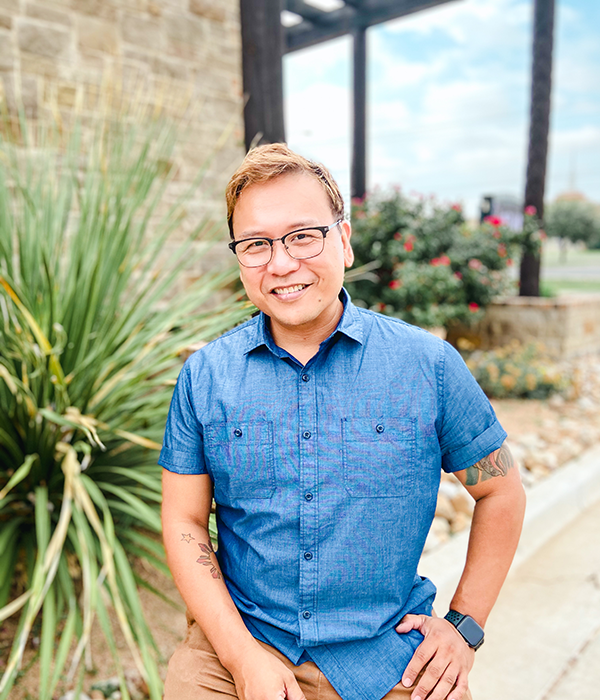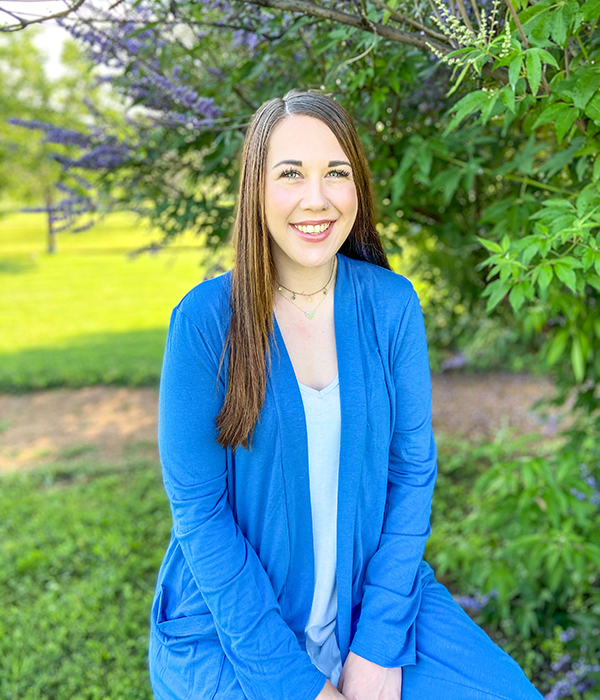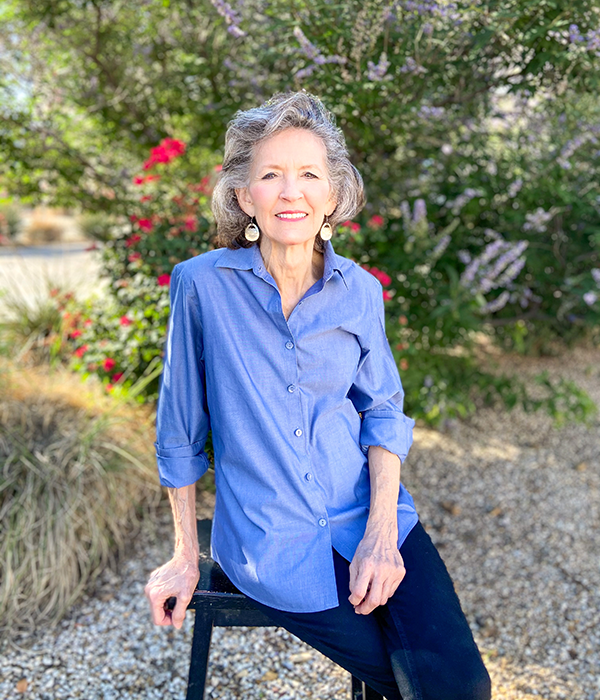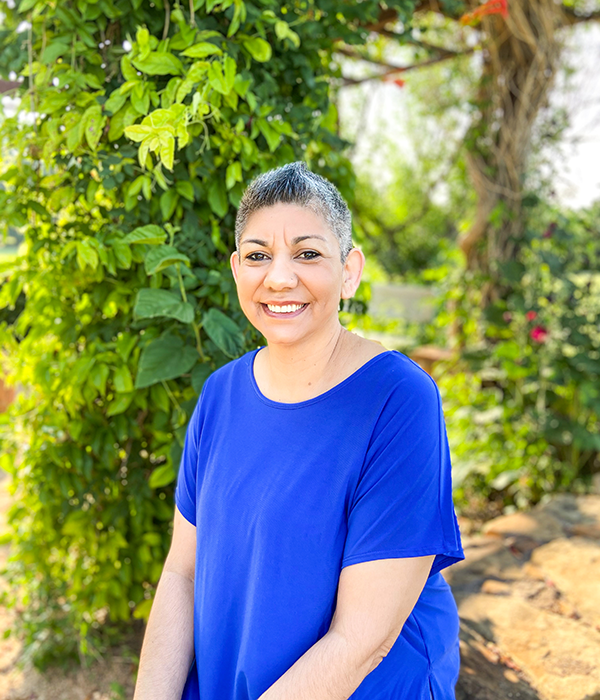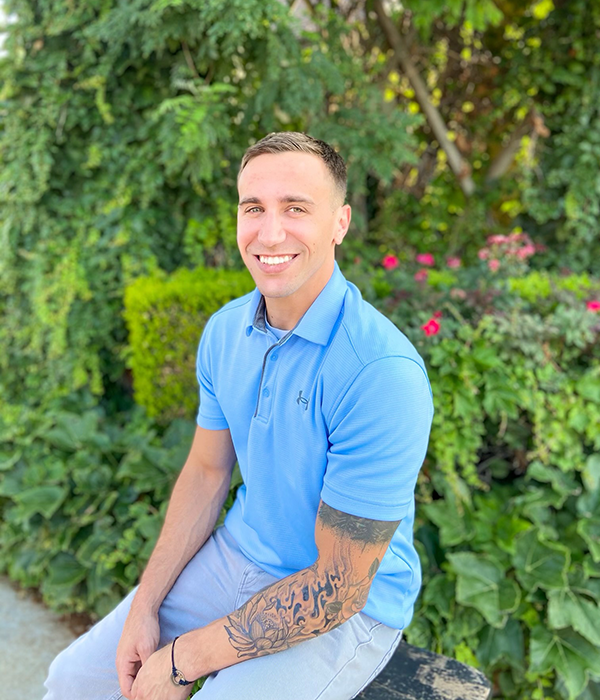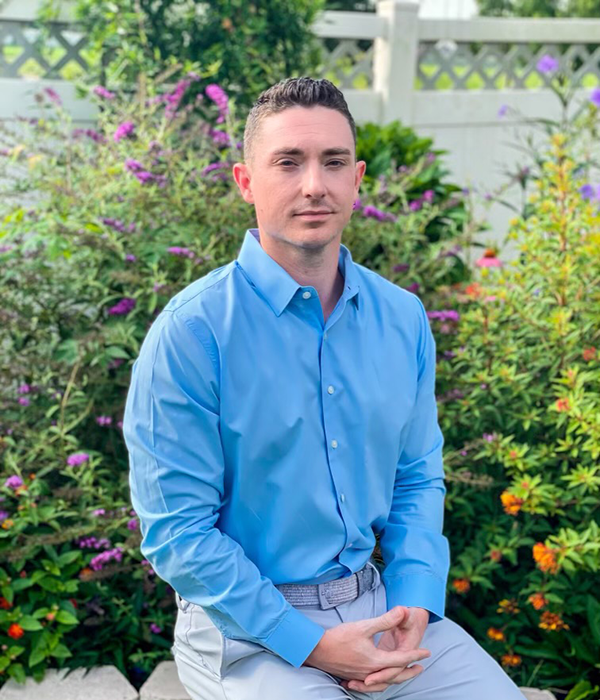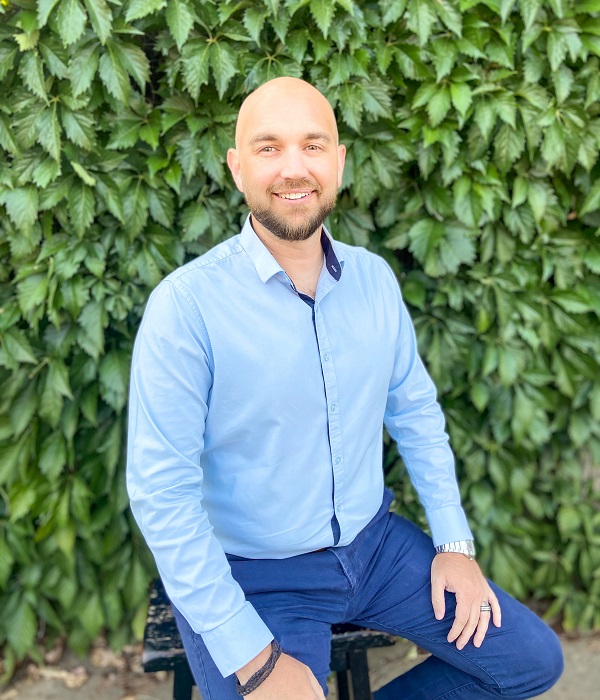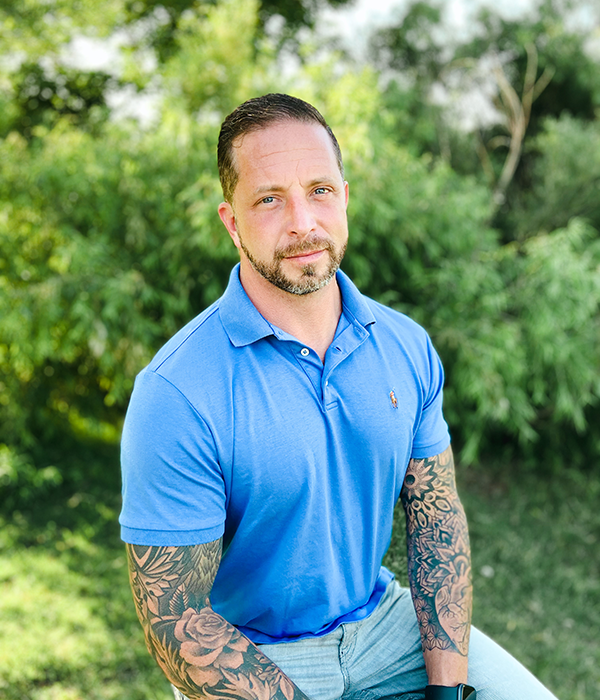Children of addicts are often raised by grandparents or other family members, single parents, etc., as a result of active addiction. This can be a challenging and often painful reality for both guardians and the children affected. Confusion and constant questioning often surface quickly with children of addicts, once addicted parents are temporarily or permanently removed from their lives. All too often, guardians are not properly equipped with information or education about addiction and sometimes lack communication skills or the ability to carefully confront the delicate issue with honest explanations.
This combination of potentially overwhelming experiences can try even the kindest heart and potentially turn the best of intentions into an innocent child’s worst nightmare. As such, it is necessary for guardians to take a personal inventory, gain self-awareness, practice self-care and get professional help for themselves and the child, if necessary. Because, though the experience and responsibility of raising someone else’s child coupled with the resulting added stress, concern and frustration can wear a guardian down, patience and complete compassion are the guardian’s responsibility.
Remember, children—regardless of circumstance—require more than just food, shelter and clothing to survive. They need emotional and physical safety, love and belonging and self-esteem to thrive. Taking on the responsibility of a child implies the added accountability for providing those key elements, as well. With regard to children of addicts, the degree to which those components are needed is critical.
In essence, children of addicts have already been and currently are grieving the living. As such, they generally already lack a great deal of their basic physical and emotional human needs. Therefore, they will likely act out in response to that reality and throughout various stages of their ongoing grief process.
The latter possibility depends greatly on their age and development, but it is important to remember children of addicts often experience stunted development. This results from their experiences of living with an active addict. Additionally, the emotional trauma of losing a parent to active addiction negatively affects the development process.
As such, it is very important for guardians—temporary or permanent—of children of addicts to express gratitude for the privilege to raise the child, rather than making disparaging comments during moments of frustration. Guardians must remember, making hurtful statements—with or without negative intentions—about the effects of addiction that imply the child is a burden only worsen the child’s suffering and potentially result in the progression of any existing emotional/behavioral issues.
Moreover, guardians of children of addicts need to keep in mind, the children are already struggling a great deal, feel burdensome, abandoned and confused. It is vital for guardians to know what to say to these children to explain the situation, how to get help for them and how to ensure they do not feel like burdens or unwanted in any way.
If you are a guardian of a child of an addict and have questions or need further information, call our hotline: 1-844-6-GETHELP
